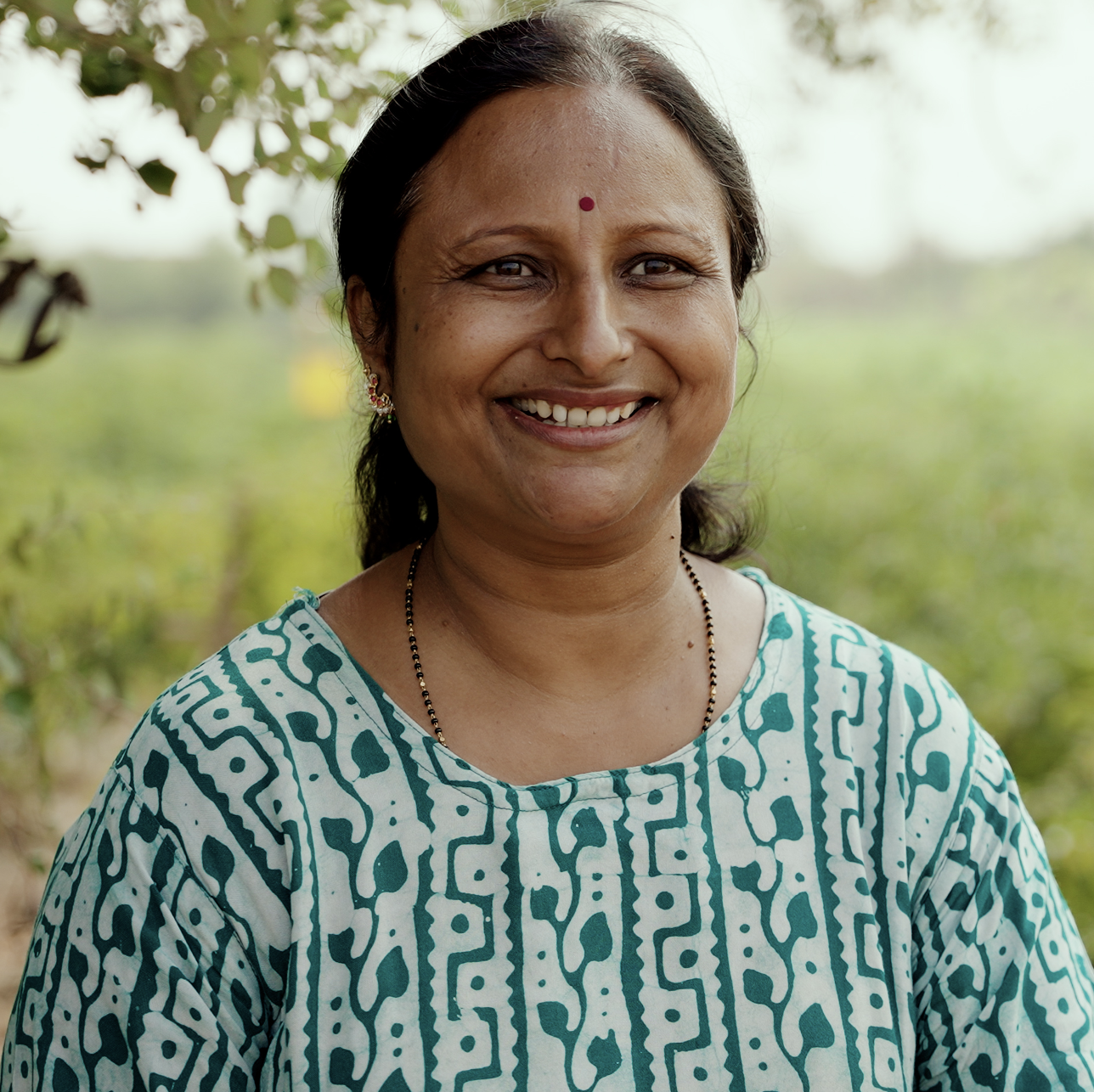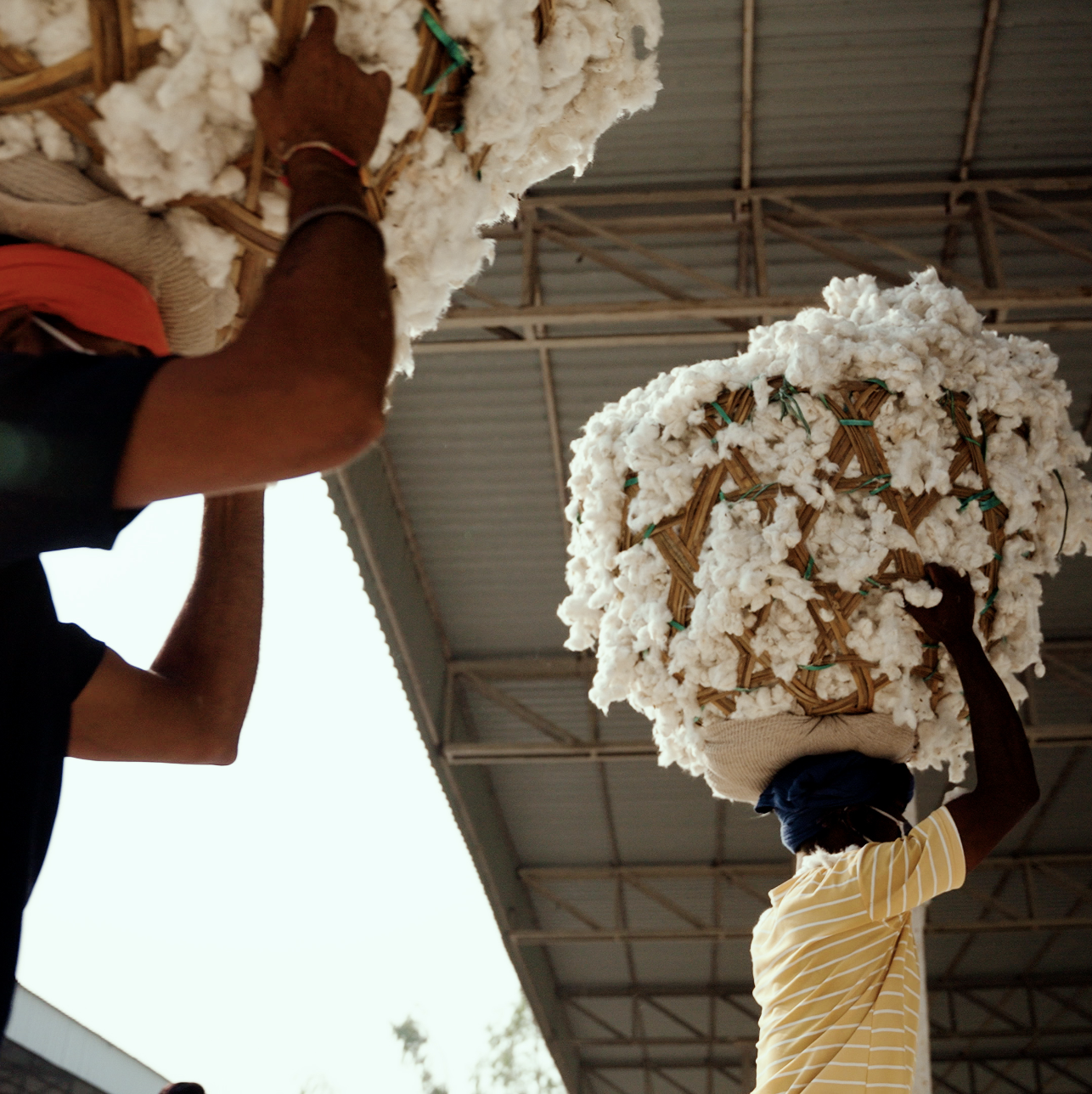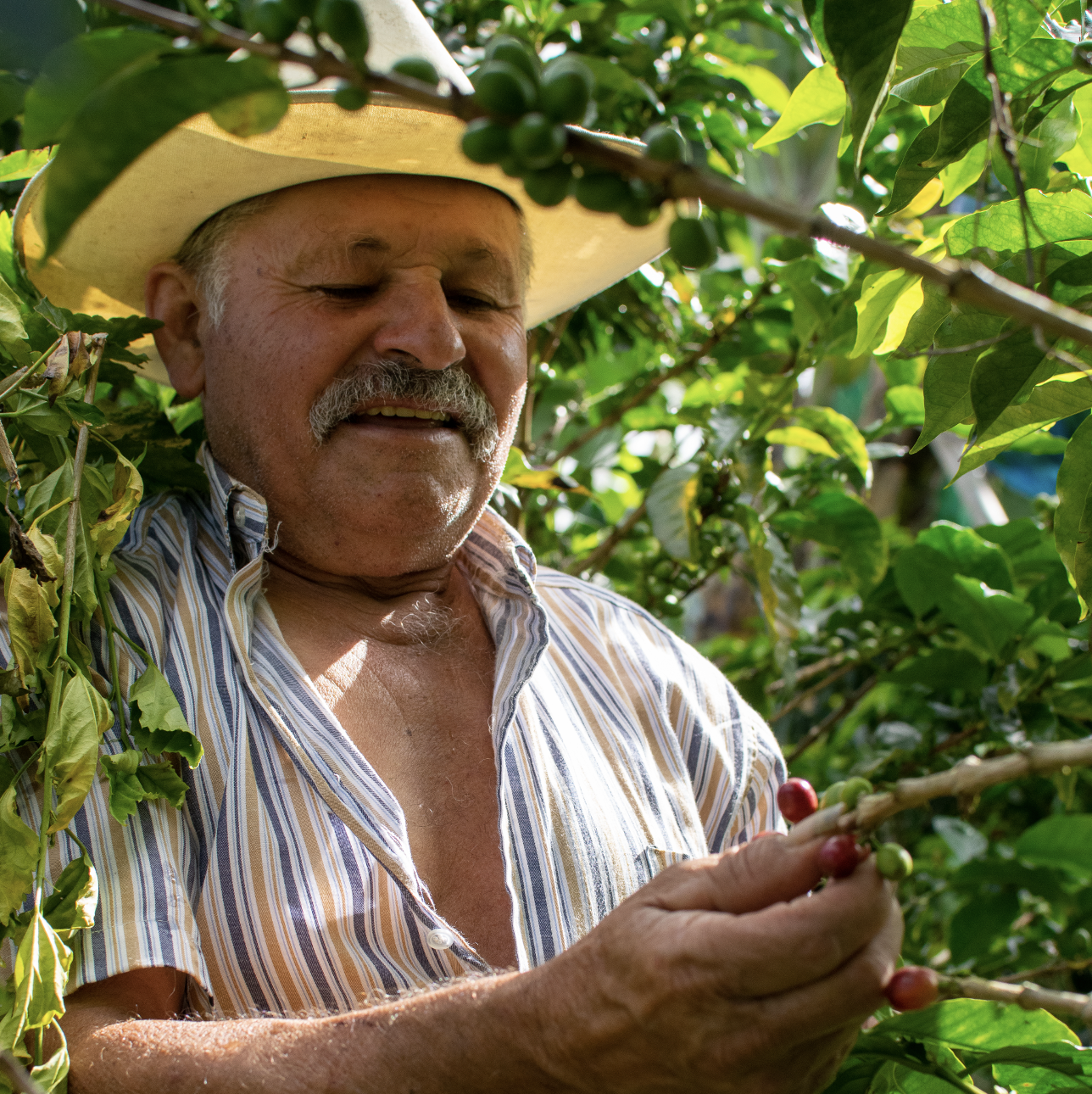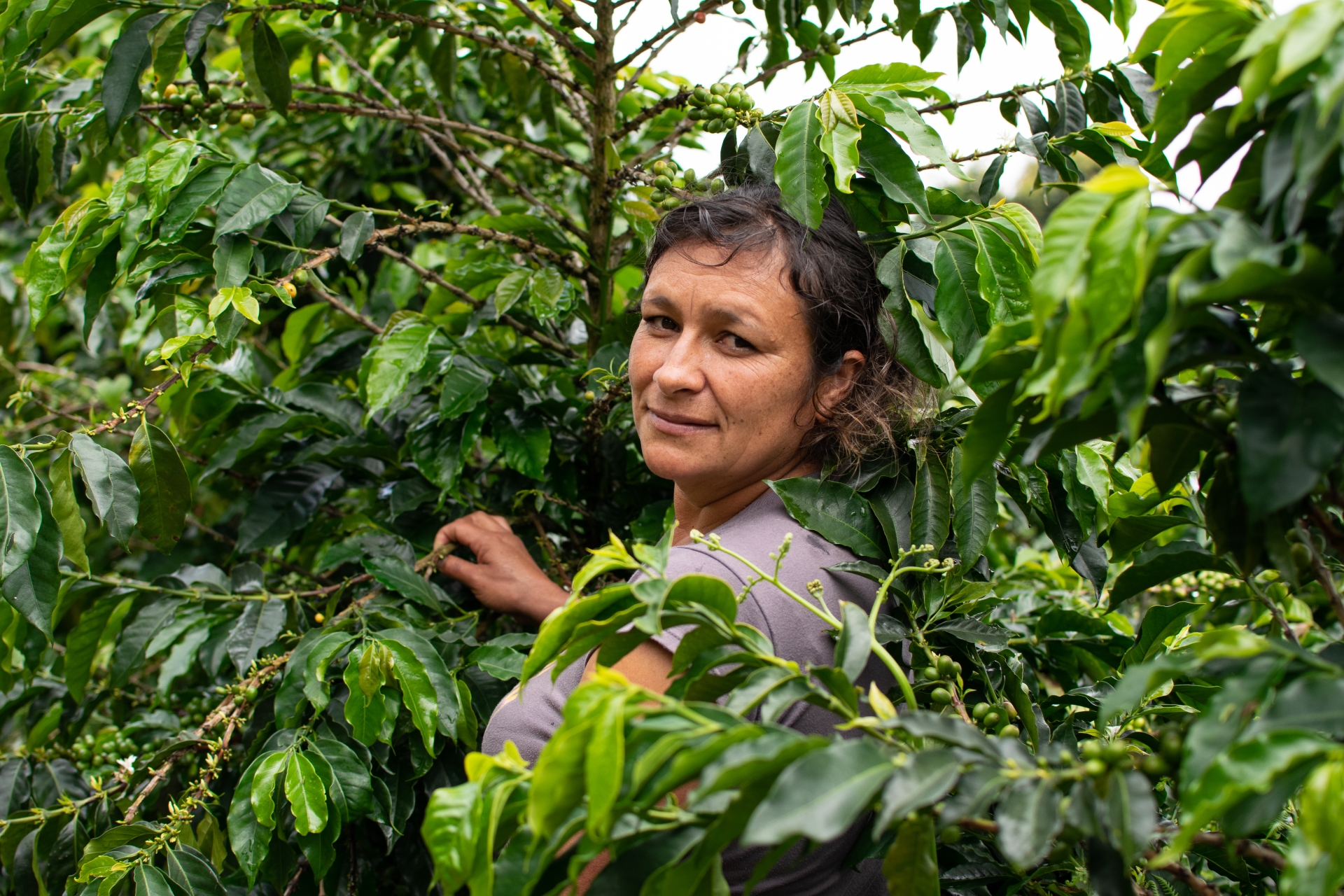
Our Commitment
M&S has a responsibility to ensure our products are responsibly sourced and uphold our Global Sourcing Principles. Ethical Trade and human rights are fundamental in allowing individuals to lead a dignified and independent life, free from abuse and violation.
We have a long history of respecting human rights in the UK and standing up for those values internationally. As both employer and buyer, our business was founded on the understanding that we are only as strong as the communities in which we trade. We strive to be a fair partner through our purchasing practices – paying a fair price to suppliers, supporting local communities and ensuring good working conditions for everyone working in our business and supply chains. This principle is still at the heart of how we do business today. That said, the evolving nature of the business and human rights agenda means we still have much to do and are still learning on this complex topic. These are issues which by their very nature are often hidden and the root causes extremely complex.
We're committed to respecting internationally recognised human rights and the principles and guidance in the United Nations (UN) Guiding Principles on Business and Human Rights as a basis for dialogue and action. We also support the OECD Guidelines for Multinational Enterprises.
Our Global Sourcing Principles set out our minimum global supplier ethical and environmental standards, and were updated in 2022. These standards are contractual and apply across our entire business.
We operate in a diverse range of geographies, consumer cultures and regulatory environments. Against this backdrop, it is important to understand where our operations and sourcing impact adversely on individuals and to prioritise our efforts in these areas.
Our risk identification and prioritisation includes the following:
- desk-based research;
- data from our audit and monitoring programmes;
- workersurveys;
- supply chain due diligence;
- supplier engagement;
- discussions with expert stakeholders through multi-stakeholder initiatives.
As a majority own-label business, our primary focus is on our Food and C&H supply chains, where, working closely with our trusted supplier partners, we are able to make the greatest impact.
Through risk assessment and due diligence we consider and define key issues where we believe we can have the biggest impact on people affected by our business. Focusing on our salient human rights issues provides a framework for us to monitor our progress against internationally recognised human rights standards, including the UNGPs.
In 2023 we completed a review of our Group salient human rights issues, with input from internal and external stakeholders. These were updated as follows:
- discrimination and gender;
- forced labour;
- freedom of association;
- health and safety;
- Wages and income;
- labour exploitation and
- working hours.
We are determined to do everything we can to bring fair sourcing principles to all stages of our supply chain. However, it is simply not possible for us to monitor or control the working conditions of each individual who contributes to what ultimately becomes a product we sell or use. As part of our monitoring of our approaches to responsible sourcing and human rights we have strong Governance structures to embed practices into our business. At a group level we collate information annually through our external reports and modern slavery statement and we report on performance quarterly to our ESG Committee at a Board level. Click here to see our reports and quick reads.
We are committed to building a culture of trust and transparency within our business and supply chains and to work with suppliers and business partners to remedy adverse human rights impacts. We will never obstruct access to remedy and are open to collaborating in initiatives that provide access to remedy.
M&S has a strict anti-retaliation policy. We encourage our employees and individuals within our supply chains and wider communities (including those that represent them) to report any wrongdoing without fear of retribution. This includes where human rights may be violated or where there is a breach of our labour standards. Workers or their representatives are best placed to raise issues locally and potentially solve a dispute as it is occurring. Localised solutions tend to be most attuned to local culture, the concerns of those whose rights are impacted, and opportunities for sustainable solutions. External investigations of complaints by brand companies or multi-stakeholder initiatives are an important and necessary back-stop to these processes and should ideally be used after all local mechanisms have been tried first.
We have both internal and external channels available for any party wishing to raise a concern, anonymously if required. We use a generic framework depending on the nature of the issue and local circumstances:
- Initial assessment of the complaint
- Internal investigation which may involve an independent third party
- Consultation and mediation with all parties
- If no agreement is forthcoming within a reasonable timeframe, we reserve the right to decide on the outcome
If a person or organisation feels they have been the subject of retaliation we will investigate and take action to remedy the situation.
M&S has several grievance channels and mechanisms in place and our goal is to leverage existing processes while ensuring that there are no gaps between what exists and what is required by the UN Guiding Principles on Business and Human Rights and the law.
We take any allegations that human rights are not properly respected seriously.
We would never impede access to state-based judicial or non-judicial mechanisms for individuals or communities who feel their human rights have been impacted. We also would not require individuals to waive their legal rights to bring a claim through a judicial process as a condition of participating in a grievance / mediation process. Neither would we impede competent authorities in investigating or adjudicating alleged human rights impacts.
In particular, as a responsible business, we support the OECD Guidelines for Multinational Enterprises. These guidelines provide principles and standards for responsible business conduct (including human rights matters) for multinational corporations operating in or from countries adhered to the OECD Declaration on International Investment and Multinational Enterprises.
For more information, please see our M&S Grievance Procedure for Clothing, Home and Food Supply Chains.
Reporting transparently on our own-label supply chain practices and operations is core to our approach to sourcing.
Since 2016, we have published data within the M&S Interactive Supply Chain Map, disclosing our Tier 1 supply chain across Food and C&H. This scope also includes some raw materials, including wool, man-made cellulosic fibres, beef, fish & seafood, dairy, tea and coffee. The map highlights production countries as well as individual factory locations and profiles for sites used by our direct suppliers. View our site data through Open Supply Hub here.
Our policies and standards
Our Global Sourcing Principles set out our minimum global supplier ethical and environmental standards, and were updated in 2022. These standards are contractual and apply across our entire business.
These are supported by a number of other policies, procedures and guidance to help suppliers to meet our requirements including our M&S Human Rights Policy, M&S Child Labour Procedure, M&S Grievance Procedure for Clothing, Home and Food Supply Chains, M&S Third Party Brand Partner Plan A, and Product Safety and Compliance Policies and M&S Modern Slavery Toolkit for Suppliers and Partners.

We also have a number of policies and standards for our different business areas. Read more about our policies and standards for Clothing and Home here and for Food here.

Our Programmes
Each year we are involved in a wide range of projects with different suppliers and stakeholders to increase and share our understanding on root causes and solutions which contribute to respecting human rights and improving working conditions in our supply base.
We appreciate that our suppliers will be businesses of varying sizes from small artisanal companies to large multi-national businesses. To embed responsible sourcing and human rights into the supply chains of M&S products we offer opportunities to our suppliers for capacity building, including guidance and training programmes. This is typically delivered with our partners and will focus on specific risks for each business area such as worker representation and gender empowerment.
The use of technology platforms to hear views directly from workers is becoming a widely used tool across supply chains. We recognise the benefits of worker voice in identifying complex issues such as harassment and discrimination, which may be harder to identify in traditional social audits. We will therefore encourage the use of worker voice mechanisms to gather feedback from workers and to complement our audits and risk assessment methodology.
We recognise the importance of educating our colleagues about responsible sourcing and human rights, to enable them to incorporate this into their everyday decision-making.
In 2021, in response to an external evaluation of our supply chains by Oxfam, we committed to update the human rights training we provide to colleagues. The result was an online training module, ‘People Behind the Product’, sponsored by our senior executives and launched in January 2022. It is completed by colleagues across our Food, Clothing & Home, International, Bank and Services, and Support Centre functions (Corporate Governance, Procurement, Digital and Data, HR and Property functions). The module will be completed every two years and will be part of the e-learning for any new joiners to the business.
Our Partners
Working in partnership is an important part of how we do business, and our ambition is to accelerate change by leading with others.
We’re committed to working collaboratively with suppliers, civil society, governments and other businesses on human rights to inform our approach, share our experiences and help address root causes and influence systemic positive change.
We are active members of a number of multi-stakeholder initiatives and partnerships which take a collaborative approach to tackling industry issues. Including: Sedex, Ethical Trading Initiative, Consumer Goods Forum, Food Network for Ethical Trade, Stronger Together, Unseen, Institute for Human Rights and Business Leadership Group, Issara Institute, Foros Comercio Etico, Better Work, International Accord, End Uyghur Forced Labour, British Retail Consortium, BSR, Sustainable Apparel Coalition

| DATE | TITLE | DOCUMENT |
|---|---|---|
| June 2024 | Modern Slavery Statement | |
| March 2023 | M&S Human Rights Policy | |
| Sep 2023 | Responding to Stakeholder Concerns | |
| Jan 2023 | Global Sourcing Principles | |
| June 2023 | Modern Slavery Statement 2022/23 | |
| June 2022 | Human Rights Due Diligence and Remedy Guidance | |
| Nov 2016 | M&S Child Labour Procedure | |
| Aug 2018 | M&S Grievance Procedure for Clothing, Home and Food Supply Chains | |
| M&S Modern Slavery Toolkit for Suppliers and Partners | ||
| June 2017 | Human Rights Report 2017 | |
| June 2016 | Human Rights Report 2016 |



